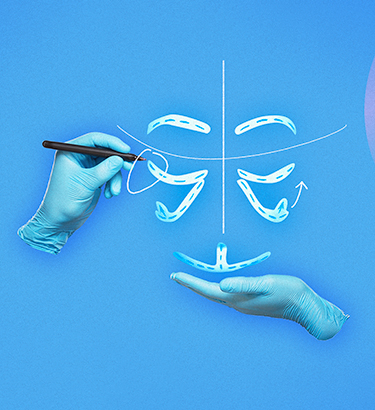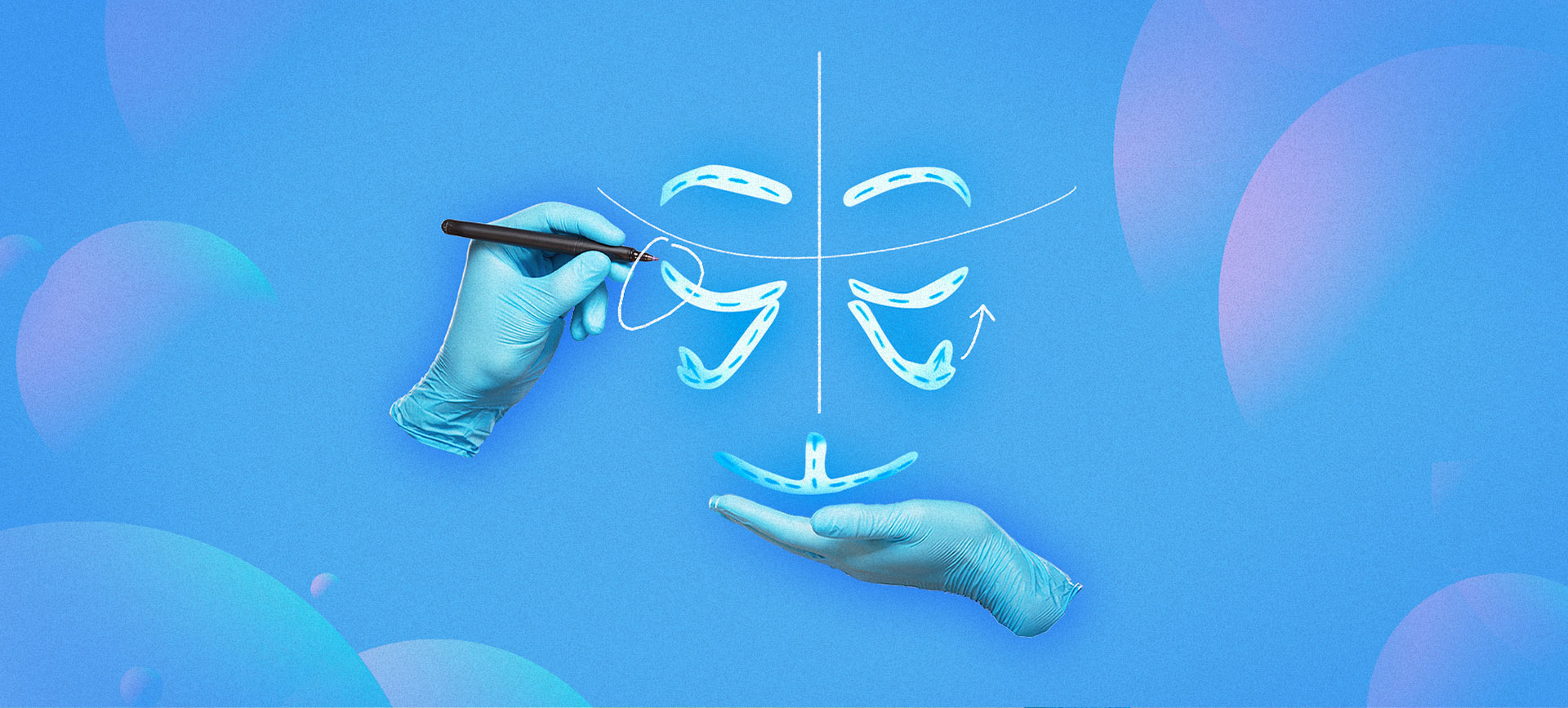Pavlov: There are two pathways to becoming a plastic surgeon. Both pathways require an undergraduate degree with certain prerequisites in science followed by four years of medical school. After medical school, you can match directly into a plastic surgery program, which is what I did. These programs are six years long.
You could match into another surgical field, such as general surgery or ear, nose and throat (ENT). Following a residency in general surgery, ENT, etcetera, you could then do a three-year plastic surgery fellowship. After completing training, you must pass both a written and an oral exam to become board certified. The oral exam takes place at least one year after completion of training where the surgeon is tested on their own cases as well as a variety of unknown cases in order to test their knowledge and ethics.
You can rest assured that a board-certified plastic surgeon has completed medical school, surgery training and at least three years of plastic surgery-specific training, plus rigorous examination following training. I would recommend anyone who is seeking cosmetic or reconstructive surgery only see a board-certified plastic surgeon.
There are many other doctors out there with cosmetic surgery fellowships, but this is a one-year fellowship that is not nearly at the same level as traditional plastics training. In fact, I know an oral surgeon who did a one-year fellowship in cosmetic surgery, and now this person,who primarily trained in surgery of the mouth, is now performing cosmetic face and body surgery. Training matters!











